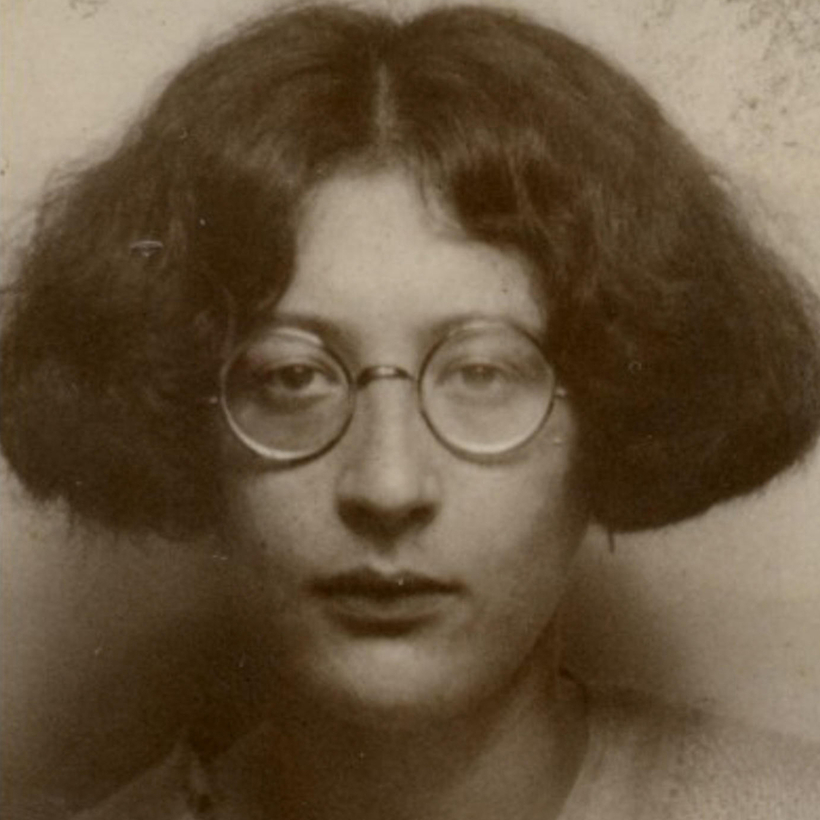As the world spins off its axis, too rapidly to track, I wake up in Brooklyn in tears, my 12-week-old baby sleeping next to me. I take a breath. I am trying to follow Aldous Huxley’s advice to “pay attention to attention.”
Attention is a lens through which you can look at any situation, from the batting back of daily distractions, to love, to politics, to catastrophe. I should know: I’ve been researching and writing about attention for the last three years, its incredible power to shape our days and give meaning—or not—to our lives.


